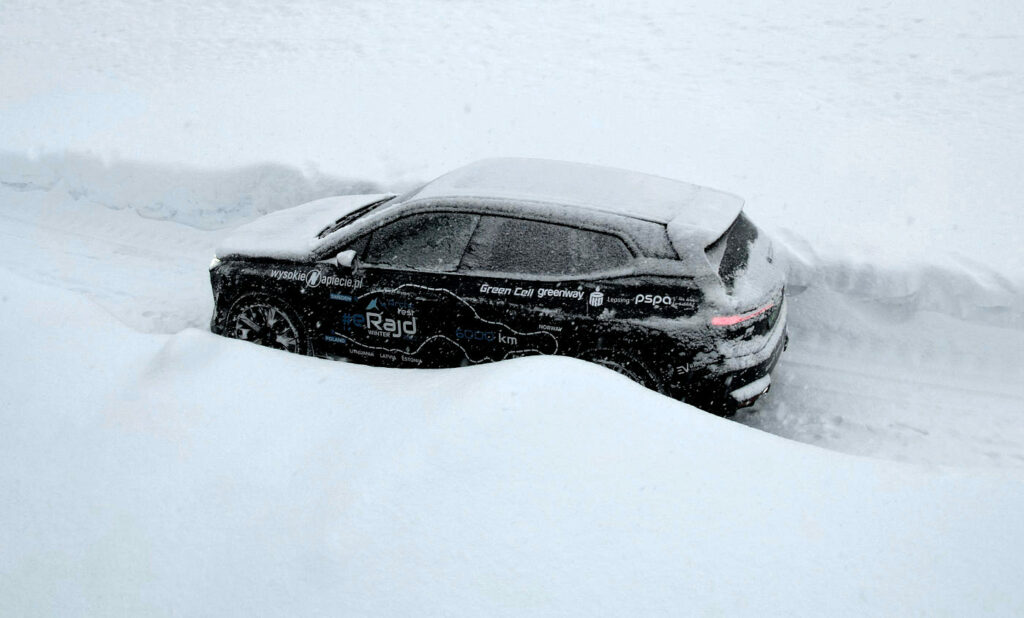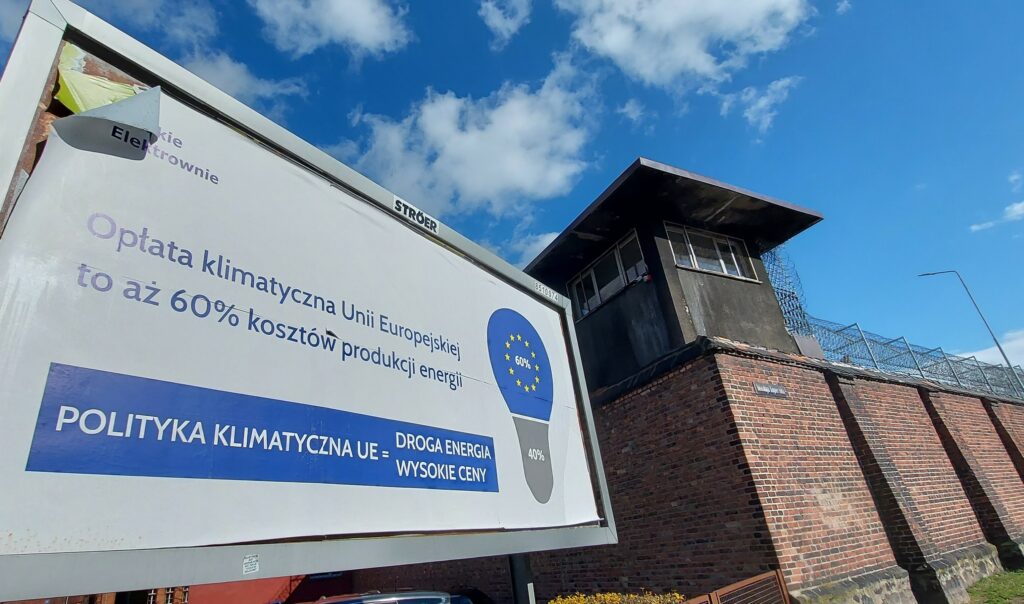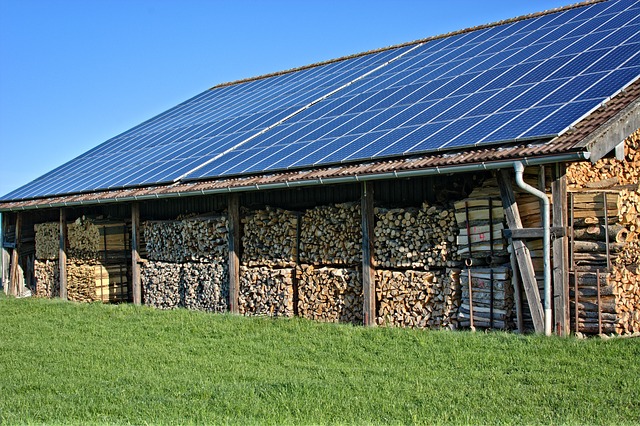Spis treści
Since autumn, a group of southern European countries, where today we are dealing with one of the highest global wholesale electricity prices, has been trying to change market mechanisms so as to “separate high gas prices from the electricity market”.
As early as in September last year, the left-wing government of Spain sent a letter to Brussels, in which it encouraged the European Commission to prepare proposals for changes in the principles of the energy market. “We need to reform the principles of the energy market designed taking into account smaller price differences between technologies than those we can observe today. With today’s market structure, consumers are not taking advantage of the benefits of a cheaper mix of renewable generation. In the last three years, we have halved the carbon intensity of our mix and sharply reduced the share of conventional power plants. However, fossil fuel power stations still set the price and are responsible for the sudden rise in the cost of electricity. We cannot forget that there is no decarbonisation without the electrification of the economy. Our EU goals depend on that” – wrote the Spaniards.
Madrid, like Warsaw, also strove for the reform of the European emissions trading system. “We should take measures to prevent financial speculation in the EU ETS markets. The EU ETS bubble is the last thing we need. It should be a market [only – Editor’s note] for energy and industrial companies” – they argued.
Regulated prices and taxation of windfall profits
The day before Russia’s attack on Ukraine, the Spanish government sent another letter to EU commissioners, expanding its thoughts. “In 2021, the [average] price of electricity in Spain closed at a record level of EUR 112/MWh, although renewable energy reached its historical maximum, accounting for 45% of production”, they argued. Madrid proposed to limit the increases in power exchanges through a “safety brake”, which could be, for example, the introduction of a maximum selling price for electricity produced from gas, along with a mechanism for compensating losses of power plants.
Another idea was to introduce a mechanism for taxing windfall profits obtained by producers whose production costs had not increased as much as the exchange prices, driven by the costs of production in gas-fired power plants. In other words, Madrid suggested the possibility of taxing additional profits from renewable, nuclear or coal-fired power plants. As for less revolutionary changes, it added the need to guarantee, e.g. by the European Investment Bank, long term renewable energy purchase agreements, directly between a renewable energy producer and a consumer company (PPA) or the need to provide more support to prosumers who install solar panels on the roofs of their homes. In February, the Sánchez government no longer raised the subject of speculation on the CO2 market – perhaps the Preliminary Report of the European Securities and Markets Authority (ESMA), which did not find any manipulation on this market, was sufficient for the Spaniards.
The European Commission summarized the market interference tools
The efforts of the Spaniards to change the principles of the exchange were also supported by Italians, Greeks, Portuguese and – to some extent – Belgians. The pressure on the European Commission was already so strong that on 23 March Brussels issued a communication summarizing possible mechanisms of market intervention. In fact, officials presented a full range of options – from the sale of energy by power plants at regulated prices, through the institution of a single buyer (he would buy energy at various, usually regulated, prices, and then resell it to end users or traders at an average, and perhaps subsidized, price), up to selling price limits or direct subsidies for the purchase of electricity. Basically everything that Europe was already going through in the energy sector in the 19th and 20th centuries, and from which it has been phasing out with difficulty over the last 20-30 years.
However, the Commission itself is sceptical about the proposal to dismantle the market. In addition to presenting possible options, the Commission washes its hands of the ideas of the Southerners, saying that if some EU countries want to dismantle the energy market, they should agree on ways to do it within the European Council. The leaders of the EU countries will focus on these suggestions today. However, a difficult discussion is coming, because the Germans and the Dutch, among others, are opposed to profound interference in market mechanisms.
Poland, which so far has been closer to the position of Germany, may turn towards the countries of southern Europe. – On the sidelines of this summit, I spoke with the Prime Minister of Spain and with many prime ministers, whose frustration regarding the manipulation of gas prices is growing and I am convinced that the European Commission will have to come up with some specific proposals here – Prime Minister Mateusz Morawiecki said before today’s EU summit.
– Poland is very clearly in favour of joint purchases of gas, but not just gas. We are also in favour of maximum prices for gas, possibly also for other hydrocarbons. So that Russia won’t be able to benefit from the recent increases in gas prices, explained Prime Minister Morawiecki.
Experts against market interference
We asked several Polish experts from energy companies about their attitude to the Spanish proposals. None of them supported a single change interfering in the energy market itself. – After all, the market works today exactly as it is supposed to work. It gives price signals when there is a shortage of fuel on the market. The fact that the differences in costs between the most expensive and the cheapest energy sources are large is also natural – this is to encourage investment in the cheapest energy sources – explains one of our interlocutors. – Of course, everything can be done: introduction of new taxes on power plants, price regulations, single buyer mechanism, etc. We could even teach the rest of Europe how to do it, because we have a lot of experience in these mechanisms. Except that they were all very expensive, ineffective and far from optimal. There is no point in going back – argues the other.
− Introducing price caps for fuel or electricity will only lead to a higher level of consumption of these scarce commodities and will weaken the incentives to save energy or to make demand more flexible. And energy savings are exactly what we desperately need right now, Dr Christoph Maurer of the Friedrich-Alexander University (FAU) in Bavaria assessed the tools presented by Brussels on Twitter. − Our short-term problem is not high prices. They are justified by market fundamentals and will contribute to overcoming the crisis. We should focus on mitigating the economic impact on vulnerable consumers, without disrupting the price mechanism − he suggested.
A change in the CO2 market is not to be counted on either
However, Warsaw would like Europe to tackle the reform of the CO2 market while trying to reform the energy market. The government supports Jerzy Buzek’s proposals, aiming to exclude financial institutions from the emissions trading market. Except that it will not be easy to introduce changes in this case either. Most countries in Europe do not see speculation as the cause of increased allowance prices. Last year the economy and, as a result, energy consumption, rebounded strongly and, in addition, coal began to replace the horrendously expensive gas in the energy sector. As a result, EU CO2 emissions increased, although they were supposed to decrease (as predicted by the constantly shrinking pool of CO2 emission allowances) – and the result was an increase in the purchase of ETS units. The market manipulation alleged by our government was not confirmed by financial supervision, which weakened Poland’s voice in this matter.












